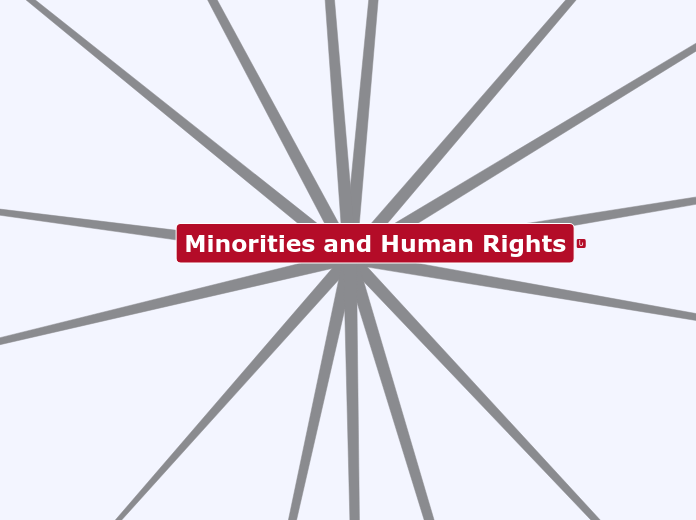by HB - 09PD - Louise Arbour SS (2642) 5 years ago
344
Minorities and Human Rights

by HB - 09PD - Louise Arbour SS (2642) 5 years ago
344

More like this
Canada joined the NORAD; gave Americans control of the Arctic
Americans were building a radar station in Inukjuak
The Inuit families were not informed about the construction
Japanese-Canadians given $1,222,829
First Nations soldiers were promised extra land and financial support after the war
When soldiers returned, they got no extra land and they weren’t given any extra financial support
Canada ordered all “enemy aliens” to either leave the country or go to detention centers
Men had to live in camps that had no insulation
There were 10 showers for 1500 women
Canadian government still enacted Conscription in 1944
Women started to work in the factories
Black women faced discrimination
Forced to make dangerous things like grenades
Said it was the USA and Cuba’s problem
Sent Gypsies etc. to concentration camps
Targeted Jews and killed them
Stripped Jewish people of citizenship
The supreme court responded by saying that they couldn’t
Eventually, the government allowed women to be appointed to the senate
Lots of children died at the schools
Epidemic of disease like Tuberculosis
Punished if they spoke their own language
Physically and sexually abused
When they applied, the companies always said they were full
Anger in French-Canadians
Felt they had nothing to do with the war
Riots and rallies in Montreal by French-Canadians
The Act that allowed women to vote also took away the right for people of German to vote
War Measures Act
Allowed government to easily put the “enemy aliens” into camps
Paid $0.25 a day
Forced to build roads and national parks
Got the right to vote in 1917
Only white women got the right to vote
Women of color didn’t get hired into the workforce
Women of color like Black still didn’t get the right to vote
Recommended to get medals but they were denied since they were black
Commander of the army said that neither him or his men would sleep or even sit with a Black soldier
The French-Canadian soldiers were not promoted within the army
The army manuals were not in French
Had to endure the consequences of war
Birth Control Pill
Government services available in both languages
Residents had very bad living conditions
No running water and sewage system
All Canadians granted free health care
Said that if a Indian man married a non-Indian women, he wouldn’t lose Indian status
If a Indian women married a non-Indian man, she would lose Indian status
Worked 25 years on Farm
Court denied
Said it was expected for a regular farmwive to work 25 years
Inherit family land
Equal rights to both men and women
Sets out 440 recommendations over a 20 year plan
Left Sri Lanka due to violence in country
94 actions to "redress the legacy of residential schools and advance the process of Canadian reconciliation."